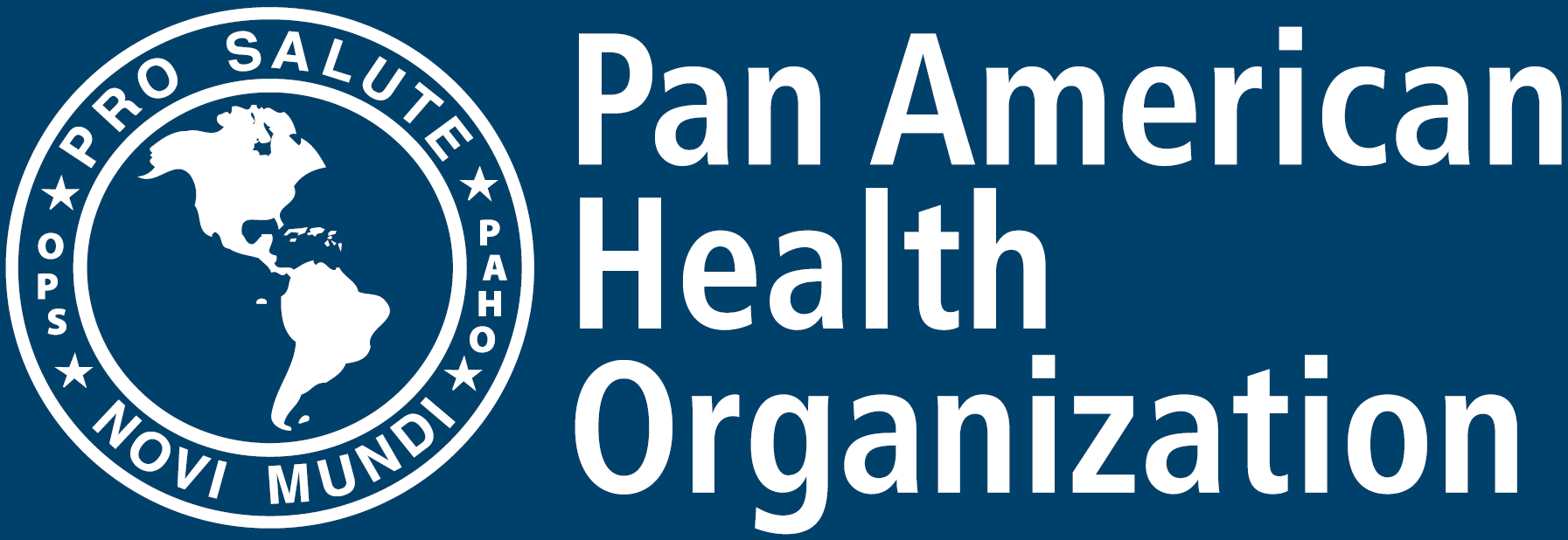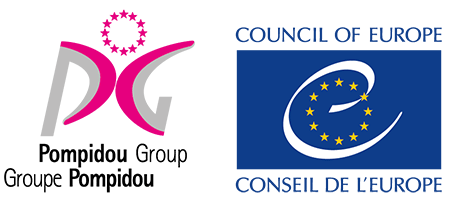A solid majority of countries worldwide are still operating with overcrowded prisons and often even above 150% of the prison capacity. Currently, there are 11.2 million people in prisons globally . According to the World Drug Report 2017, drug use is higher in prison settings compared to the general population. High use of synthetic drugs such as synthetic cannabinoids, synthetic opioids, synthetic cathinones and new benzodiazepines have been reported in prison settings.
The work of UNODC on mental health and drug use disorder treatment in prison settings responds to resolution 61/7 on the Commission on Narcotic Drugs on “addressing drug problem” and the 2016 United Nations General Assembly Special Session on Drugs (UNGASS) Outcome Document , which suggests to “promote and strengthen regional and international cooperation in developing and implementing treatment-related initiatives (…), enhance technical assistance and capacity-building and ensure non-discriminatory access to a broad range of interventions, including psychosocial, behavioural and medication-assisted treatment, as appropriate and in accordance with national legislation, as well as to rehabilitation, social reintegration and recovery-support programmes, including access to such services in prisons and after imprisonment(…)”.
UNODC is the custodian of the United Nations Standards Minimum Rules for the Treatment of Prisoners (the Nelson Mandela Rules), which highlight the need to provide “health-care service for the psychiatric treatment of all other prisoners who are in need of such treatment” and in many places highlights the needs for equitable access to health care, including mental health services and services for the treatment of drug use disorders.
As generally, access to health care services for people in prisons are limited globally, evidence-based treatment and care for people with drug use disorders in prison settings are even more so important. The importance of the provision of treatment of drug use disorders in prison settings as well as the integrated treatment of drug use disorders and related mental health disorders has furthermore been described in the UNODC/WHO International Standards for the Treatment of Drug Use Disorders.The global initiative is aiming to be implemented in all regions and UNODC stands ready to support countries in their efforts to strengthen quality and accessibility of drug use disorder treatment and care services for people with drug use and associated mental health disorders in prison settings. The overall objectives include to:
- Development of updated technical guidance and training materials (including online training) on accessible, evidence-based, comprehensive and quality treatment of drug use disorders for people with drug use and associated mental health disorders in prison settings for UN Member States and other stakeholders, including options for post-sentencing alternatives to incarceration and prison release
- Development, field-testing and dissemination of newly developed tool in this field
• Build communities of practice and networks of countries and service providers across countries for mutual support and to share good practices and lessons learnt on treatment services and care for people with drug use and associated mental health disorders in prison settings: Development of a mentoring network on effective treatment of drug use disorders in prison settings and upon release from prison - Enhance the capacity and coordination of health, law enforcement, legal and social actors and their respective institutions
- Continue global advocacy with UN Member States and civil society on the need for increased access to treatment of drug use disorders and other mental health disorders in prison settings
- UNODC/WHO International Standards for the Treatment of Drug Use Disorders
- Conference Room Paper: Treatment of Drug Use Disorders and Associated Mental Health Disorders in Prison Settings and Forensic Hospitals
- A Systematic Review and Narrative Synthesis of Interventions to Address Substance Use Disorders and Other Mental Health Disorders in Prison Settings With a Focus on Low- and Middle-Income Countries
- UNODC-WHO Stop-Overdose-Safely (S-O-S) project implementation in Kazakhstan, Kyrgyzstan, Tajikistan and Ukraine
- Drug Dependence Treatment: Interventions for Drug Users in Prisons
- WHO Status report on prison health in the WHO European Region
- WHO Health in Prisons European Database (HIPED)
- UNODC/WHO Good governance for prison health in the 21st century
- Commission on Narcotic Drugs Resolution 61/7: Addressing the specific needs of vulnerable members of society in response to the world drug problem
- Outcome Document of the 2016 United Nations General Assembly Special Session on the World Drug Problem
- United Nations Standard Minimum Rules for the Treatment of Prisoners (Nelson Mandela Rules)
- Web story on Rethinking incarceration: UNODC hosts consultation on treatment of drug use disorders and associated mental health disorders in prison settings
- Web story on UNODC-WHO Informal Scientific Network highlighting latest science on how to strengthen evidence-based substance use disorder treatment in prison settings
- Web story on UNODC-WHO Informal Scientific Network (ISN) presenting thirteen concrete recommendations on evidence-based treatment of substance use disorders in prison settings to UN Member States
- 2023 UNODC-WHO Informal Scientific Network statement on Treatment of substance use disorders in prison settings
- 2018 UNODC-WHO Informal Scientific Network Statement
- Web story on Rethinking criminal justice responses in addressing overdoses in the criminal justice system at 32nd Commission on Crime Prevention and Criminal Justice
In 2021, UNODC organized an informal consultation on Treatment for People with Drug Use Disorders and Associated Mental Health Disorders in Prison Settings. The informal consultation identified the need for technical guidance to overcome existing barriers and use available opportunities to implement effective interventions for drug use disorder treatment and the treatment of related mental health disorders in prison settings. A total of 120 experts from 53 countries were consulted.
Moreover, UNODC provides direct support to countries in enhancing evidence-based treatment for people with drug use disorders and the identification, prevention and management of opioid overdose upon prison release at national level with tangible results from 2021-2023, while disseminating global advocacy through various fora. The ongoing efforts would be much enhanced through dedicated funding and the development of a tailored UNODC training materials as well as a feasibility study to monitor the outcomes on prison health of the newly developed training package.
- Launch an initiative on Treatment for people with drug use disorders and associated mental health disorders in prison settings
- Develop technical guidance, tools and training materials on comprehensive, evidence-based and quality treatment for people with drug use disorders and associated mental health disorders in prison settings
- Conduct expert group meeting to review draft technical guidance, tools and training materials on comprehensive, evidence-based and quality treatment for people with drug use disorders and associated mental health disorders in prison settings
- Field-testing of technical guidance, tools and trainings materials on comprehensive, evidence-based and quality treatment for people with drug use disorders and associated mental health disorders in prison settings
- Adapt to local contexts and test the tools in at least 5 countries to demonstrate the feasibility, especially in low- and middle-income countries
- Disseminate, implement and build capacity of relevant stakeholders globally
- Conduct a feasibility and outcome study of the interventions at demonstration sites to strengthen global evidence treatment for people with drug use disorders and associated mental health disorders in prison settings, with a special view to low and middle income settings
- Monitor and evaluate interventions globally throughout
- Advocacy initiative on Treatment for people with drug use disorders and associated mental health disorders in prison settings
- Globally relevant technical guidance, tools and training materials on comprehensive, evidence-based and quality treatment for people with drug use disorders and associated mental health disorders in prison settings
- Strengthened health and justice collaboration to promote and implement equal access to comprehensive, evidence-based and quality health care, especially drug treatment for people with drug use disorders in prison settings, as part of universal health coverage and a health-centred approach to drug use disorders in a continuum of care in participating countries
- Strengthened support to identify, prevent and manage opioid overdose for people released from prisons and enhance interventions at community-level in participating countries
- Strengthened sustained recovery management and sustainable livelihoods provided for people with drug use disorders released from prisons
Current State Participants
The following countries have benefitted from training in coordination with UNODC’s global programmes on treatment of drug use disorders in 2023:
- Ghana
- Kenya
- Indonesia
Anja Busse Programme Officer Prevention, Treatment and Rehabilitation Section Drugs, Laboratory and Scientific Services Branch UNODC P.O. Box 500 A-1400 Vienna T: +43 1 26060 4389 Email: anja [dot] busse [at] un [dot] org (anja[dot]busse[at]un[dot]org) www.unodc.org/treatment




